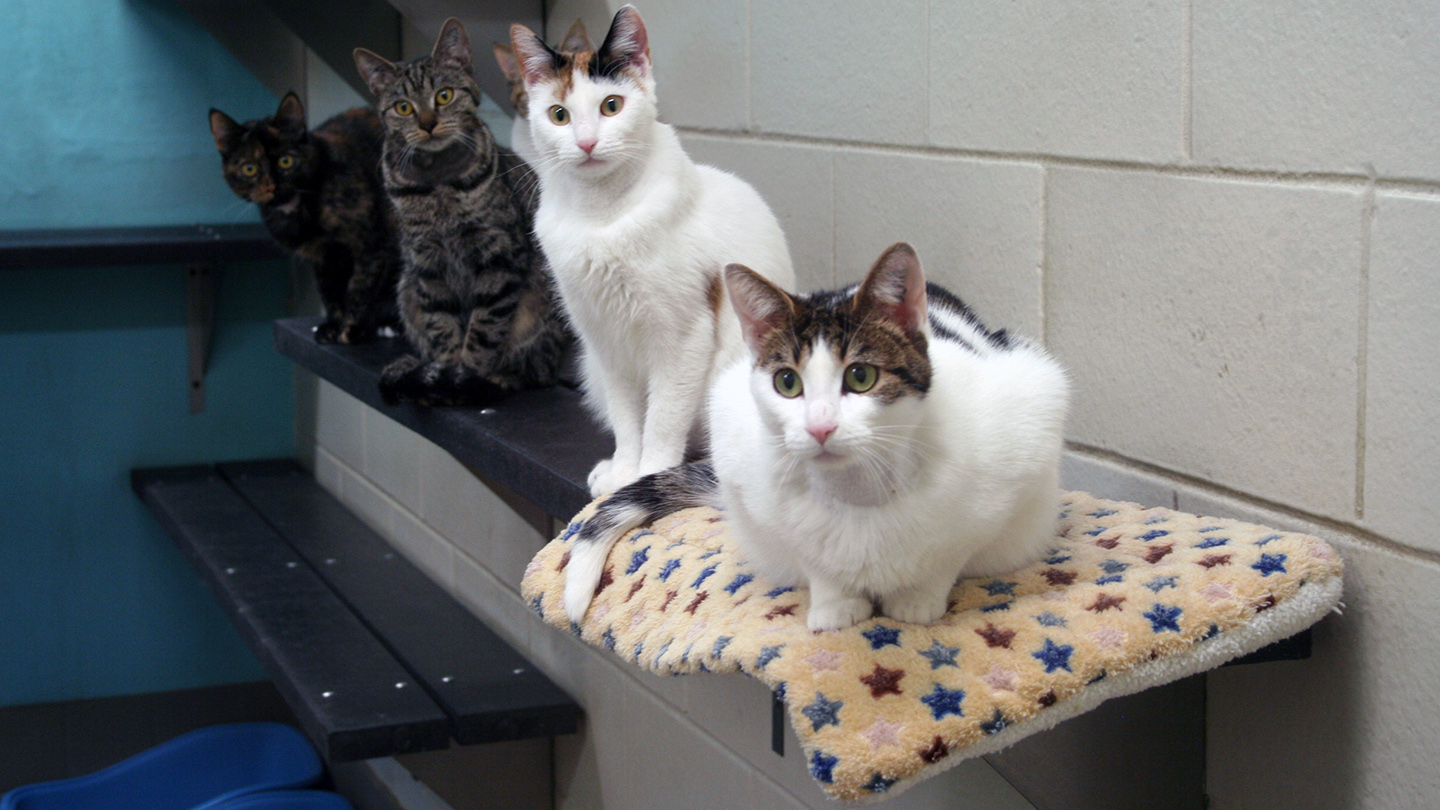Invasive surgeries to spay cats could one day be a thing of the past, replaced instead with a single shot. “We love domestic cats, but they are killers out in the environment,” says Bill Swanson, a conservation biologist at the Cincinnati Zoo & Botanical Garden. Every year, free-roaming cats around the world probably kill billions of birds and small mammals (SN: 1/29/13). Spaying both feral and pet cats can help to keep feline populations, and their casualties, under control.
The experimental gene therapy targets anti-Müellerian hormone, also known as Müllerian inhibiting substance, a protein that helps fetal sex organs develop. After injection, a modified virus introduces the gene that makes the hormone into the cats’ cells. The cells then make more anti-Müellerian hormone than normal. High levels of the protein may prevent a cat’s ovaries from releasing eggs by keeping follicles — the structures that house and release eggs — in a dormant state.
In the new study, Swanson and colleagues treated six female cats with the gene therapy. Three received a high dose and another three received a lower dose. An additional three control cats got a placebo. None had any severe side effects.
2023-06-06 10:00:24
Source from www.sciencenews.org




















